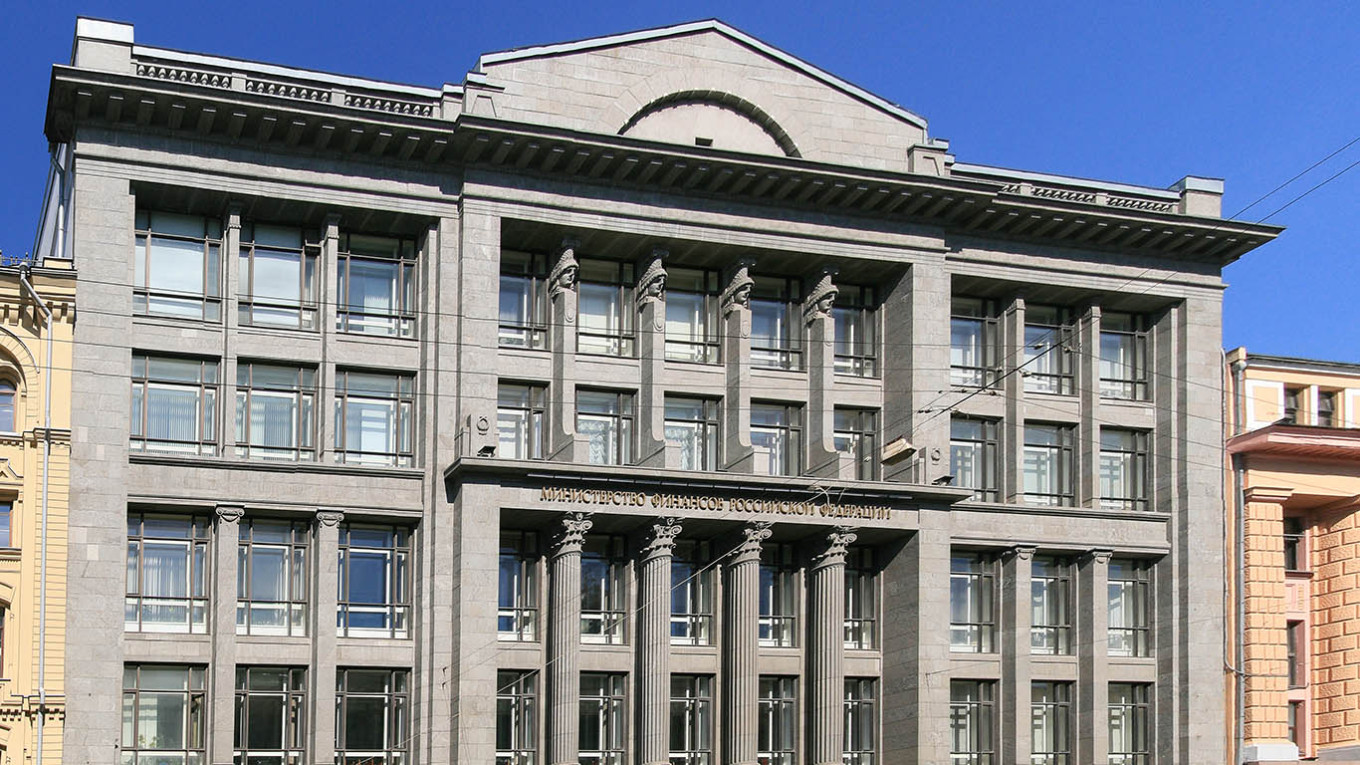On Wednesday, the Russian Finance Ministry put forward a proposal to increase the country’s value-added tax (VAT) from 20% to 22% starting next year. This move is part of a new three-year budget strategy intended to address escalating defense and security expenditures.
According to the business publication Kommersant, which initially released but later retracted a Finance Ministry forecast, the tax hike could yield approximately 1.3 trillion rubles ($15.5 billion) in annual revenue. The same forecast indicated that Russia’s GDP growth is projected to slow to 1% this year, significantly lower than the previous estimate of 2.5%. For 2026, economic growth is now expected to be only 0.5%, much less than earlier forecasts of 3%.
The Finance Ministry is aiming to reassure consumers, who might feel the immediate effects of the VAT increase, by stating that the influence on prices will be “moderate and limited.” In a statement released on Wednesday, they affirmed that a reduced VAT rate of 10% will continue to apply to essential items such as bread, dairy products, meat, medicine, and items for children.
However, the Central Bank of Russia has noted that the last VAT hike of 2% in 2019 accounted for an increase of 0.6 percentage points in that year’s inflation rate. Raising consumption taxes can lead to inflation as it directly elevates the prices of goods and services.
This proposed tax increase comes in the wake of the federal budget deficit, which reached 4.88 trillion rubles ($61.1 billion) from January to July, surpassing the government’s entire annual target. Slumping global oil prices, a robust ruble, and elevated interest rates have hampered growth this year, compelling the government to seek ways to recover lost revenues.
Another aspect of the newly announced budget proposal aims to significantly lower the VAT threshold for small and medium-sized enterprises utilizing Russia’s simplified tax regime, reducing it from 60 million rubles to 10 million rubles ($120,000). Officials have stated that this adjustment is intended to mitigate “fragmentation” tactics where businesses segment operations to evade higher taxes.
VAT, which serves as the largest source of tax revenue in Russia, is anticipated to represent 40% of total government income by 2025. If adopted, these new measures would mark the second major tax hike within a year, following earlier reforms in 2025 that introduced a progressive tax system and increased corporate contributions to the state budget.
T-Investments chief economist Sofia Donets indicated that the overall consequence of the proposed VAT increase might lead to inflation of around 1.5% in the early months of next year as companies adjust their prices to safeguard profit margins and shift costs onto consumers in advance.
“Given our usual expectations, a 1.5% increase doesn’t appear severe, especially considering the VAT’s initial influence on prices,” commented Donets. “Following that, as it diminishes consumer purchasing power, we predict a disinflationary effect beginning in the second quarter of 2026.”
“Boosting revenues to address the deficit effectively lowers the deficit. Overall, this suggests a slowing economy next year, which should contribute to reduced inflation and lower interest rates,” she added.
As of early September, Russia’s annual inflation rate was recorded at 8.2%, more than double the Central Bank’s target of 4%. Policymakers have indicated this month that they expect inflation to decrease to 6-7% by the end of 2025 and to return to the target level the following year.
President Vladimir Putin had previously assured the public that there would be no additional tax hikes before 2030. As recently as June, Finance Minister Anton Siluanov stated that there were no plans for tax revisions.
Despite concerns that unprecedented defense spending may be burdening Russia’s economy alongside decreased energy revenues and a growing budget deficit, Putin has maintained that increased military funding presents an opportunity to integrate defense and civilian production.
Reports suggest that Russia’s government is set to review the Finance Ministry’s three-year budget plan and modifications to the tax code on Wednesday, with the lower house State Duma expected to examine the proposals the following Monday.

